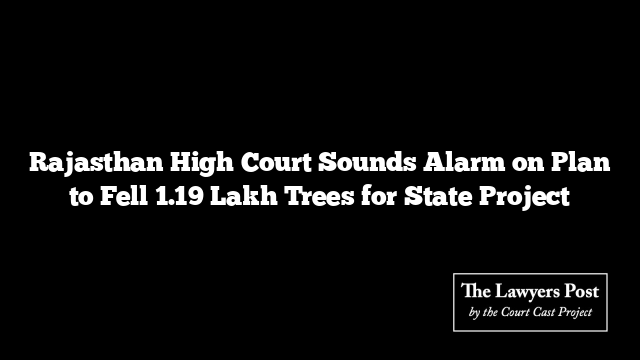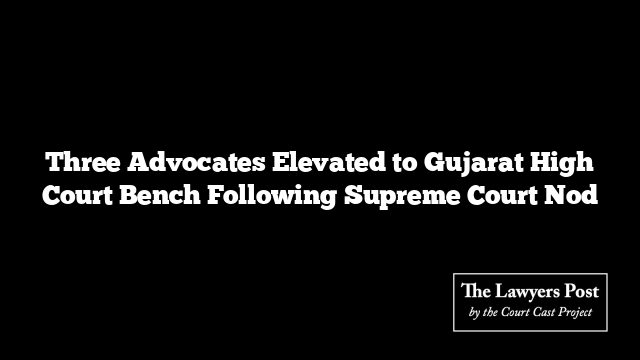The Rajasthan High Court has raised the red flag over a proposal to cut down 1.19 lakh trees for a pumped storage project in Baran, expressing deep concern over the potential environmental fallout. Taking up the matter on its own accord, the court questioned whether alternatives exist that could prevent the loss of such a vast expanse of greenery.
A bench comprising Justices Munnuri Laxman and Pushpendra Singh Bhati emphasized the critical link between environmental health and the constitutional right to life. “The right to a green and healthy environment is an essential part of the right to life enshrined in Article 21,” the judges remarked, highlighting the state’s responsibility to actively protect and restore the environment rather than merely avoid harm.
The court urged government authorities to explore possible alternate locations for the project, suggesting that a solution might exist that spares these trees. It also asked whether compensatory afforestation could be undertaken locally to mitigate ecological damage, if the felling were to proceed.
Acknowledging assurances from government counsel that no trees would be cut within the next 15 days, the court refrained from issuing an interim halt to the project. The stay granted by the Deputy Solicitor General and Additional Advocate General remains in place until the next hearing.
The court’s concerns were sparked by media reports revealing that the project would encroach on forested land just 15 kilometers from Kuno National Park. These reports pointed to severe environmental consequences, including disrupted ecosystems, carbon emission spikes, and soil erosion. Additionally, the forest at Baran currently absorbs around 22.5 lakh metric tons of carbon—a function the proposed alternative site, located 712 kilometers away, could not replicate, with its absorption capacity limited to just 3,500 metric tons.
The court demanded a comprehensive response from both the Central and Rajasthan government authorities on the feasibility of alternatives and mitigation strategies. Senior Advocate Sandeep Shah, alongside Advocates Lakshya Singh Udawat and Mehali Mehta, has been appointed as amicus curiae to assist in navigating the legal and environmental complexities of the matter.
The case underscores the judiciary’s growing role in scrutinizing large-scale infrastructure projects that threaten to undermine environmental sustainability, bringing into focus the delicate balance between development and conservation.





